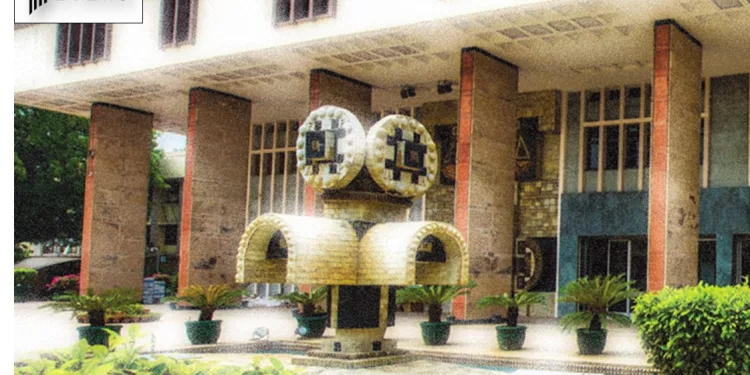Delhi High Court Exposes Bias and Orders Expungement of Adverse Remarks in APAR

In a significant ruling, the Delhi High Court has shed light on biased actions and ordered the expungement of adverse remarks in an Annual Performance Appraisal Report (APAR). The judgment, delivered on July 18, 2023, emphasized the importance of fair and unbiased assessments, while warning against prejudiced actions by reporting officers.
The court scrutinized the case of an officer who had received adverse remarks in his APAR, allegedly based on unserved memos. The bench found that the memos had not been communicated to the officer, denying him the opportunity to explain or improve his conduct. It was revealed that the memos had been created post facto, solely to justify the adverse report. The court firmly condemned such practices, stating, “This practice of subsequent justifications for APAR has to be deprecated in no uncertain words.”
Highlighting the lack of objectivity in the assessment, the court observed that the officer had an illustrious career with meritorious awards and outstanding gradings before and after the impugned period. The adverse remarks, therefore, seemed unjustified and suggested bias on the part of the reporting officer.
Justice S. Sharma, delivering the judgment, remarked, “The conduct of the reporting officer reeks of vindictiveness and malice towards the petitioner.” While refraining from recommending action against the reporting officer, who had already been dismissed from service, the court warned that no one is above the law and that biased actions would not be tolerated.
The court ordered the expungement of the adverse remarks and directed the authorities to conduct a review DPC (Departmental Promotion Committee) to consider the officer’s case for promotion to the rank of Deputy Commandant. The officer would be granted promotion from the date his immediate juniors were promoted, along with all consequential benefits.
This landmark judgment serves as a reminder of the importance of fair assessments and adherence to natural justice principles in the evaluation of personnel. It underlines the duty of reporting officers to act with objectivity and integrity while considering the career progression of their subordinates.
Delhi High court stated, “While making such remarks, specific instances from where such inferences were drawn must be mentioned and conveyed so that the concerned officer would have an opportunity to correct himself of the mistake.”
The judgment referred to several relevant cases, including State of U.P. v Yamuna Shanker Mishra, Shri Tarsem Kumar, and Sukhdeo vs. Commissioner, Amaravati Division, among others, which further supported the court’s findings.
Date of Decision: July 18, 2023
MANUDEV DAHIYA vs UNION OF INDIA THROUGH DG ITBP






